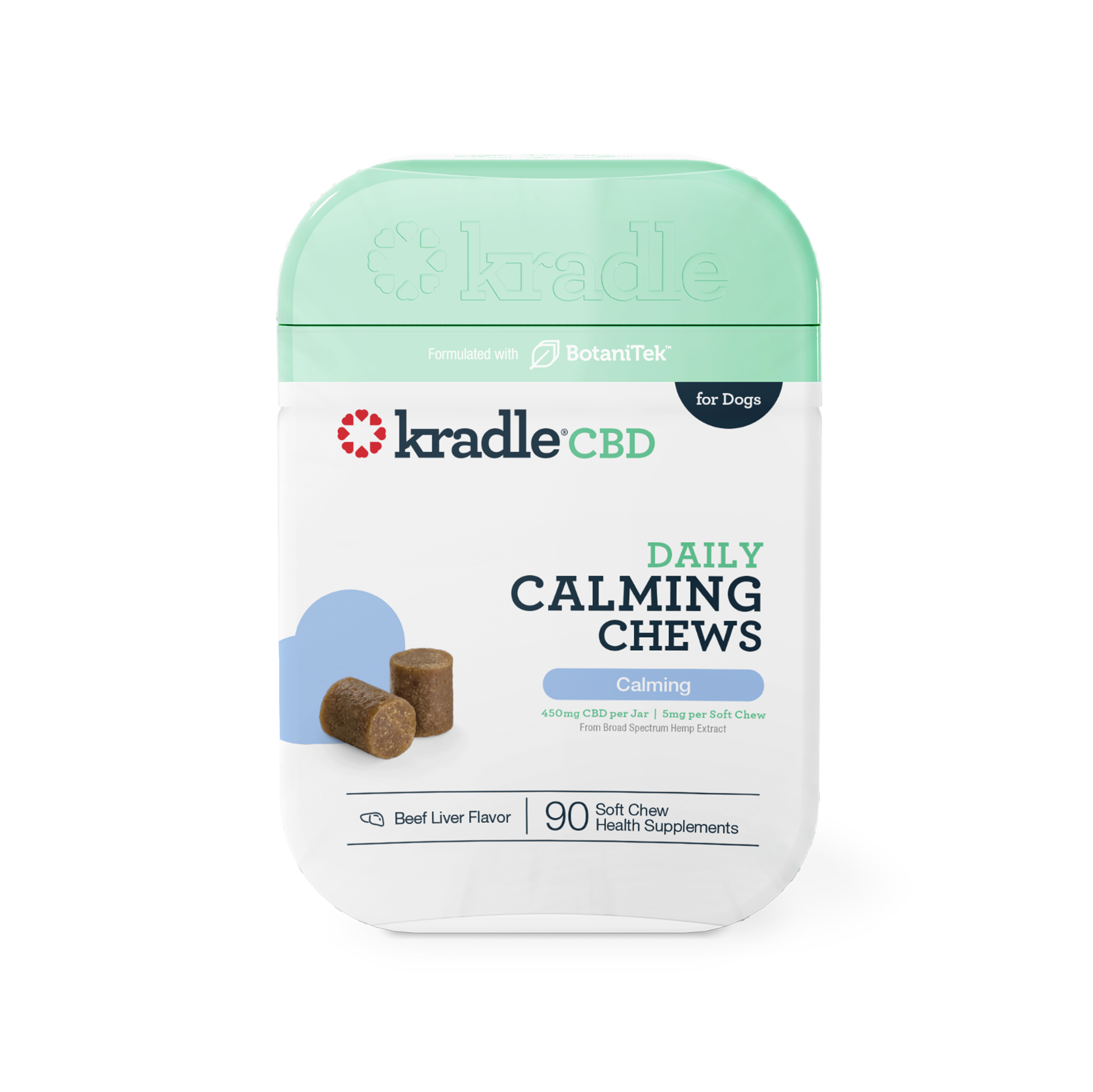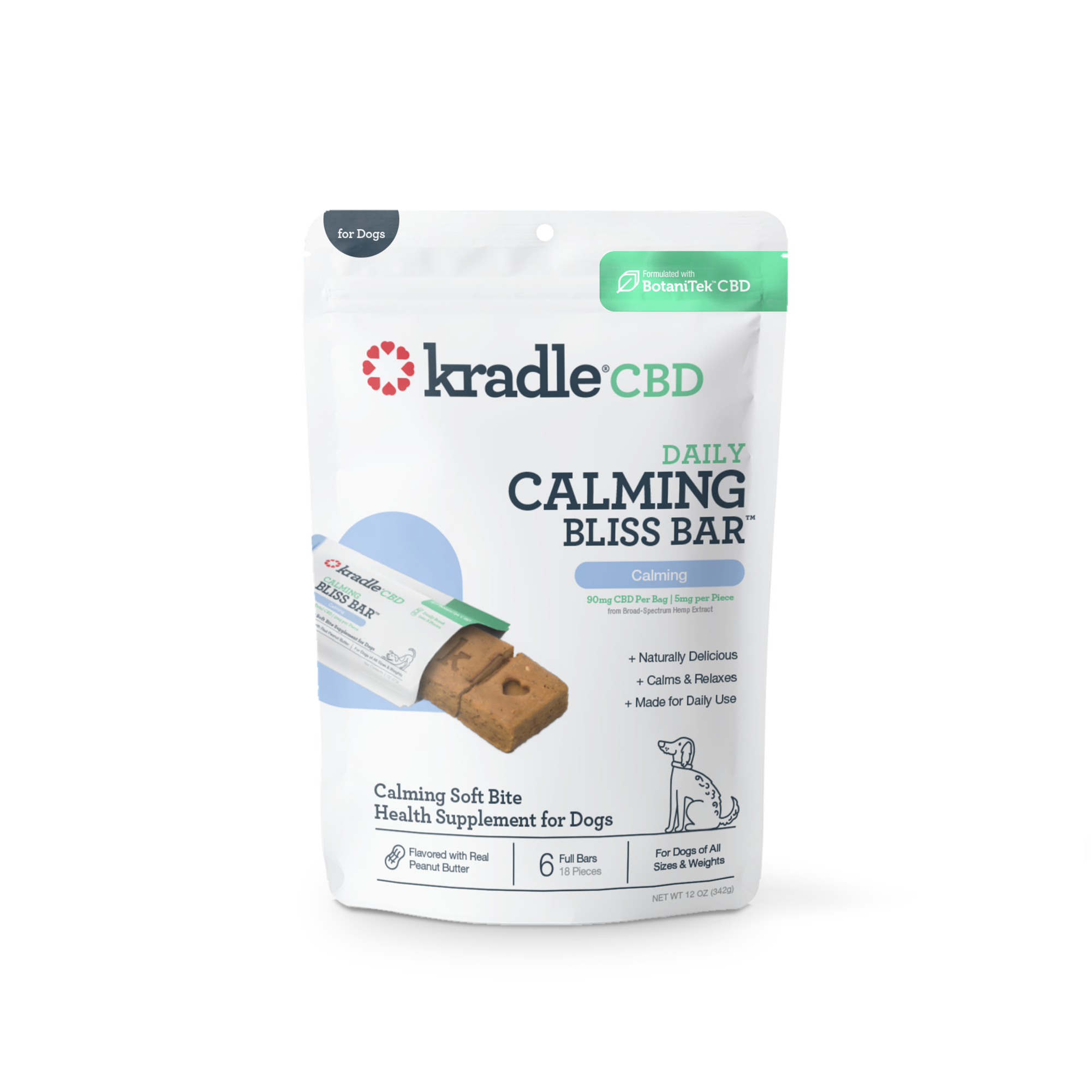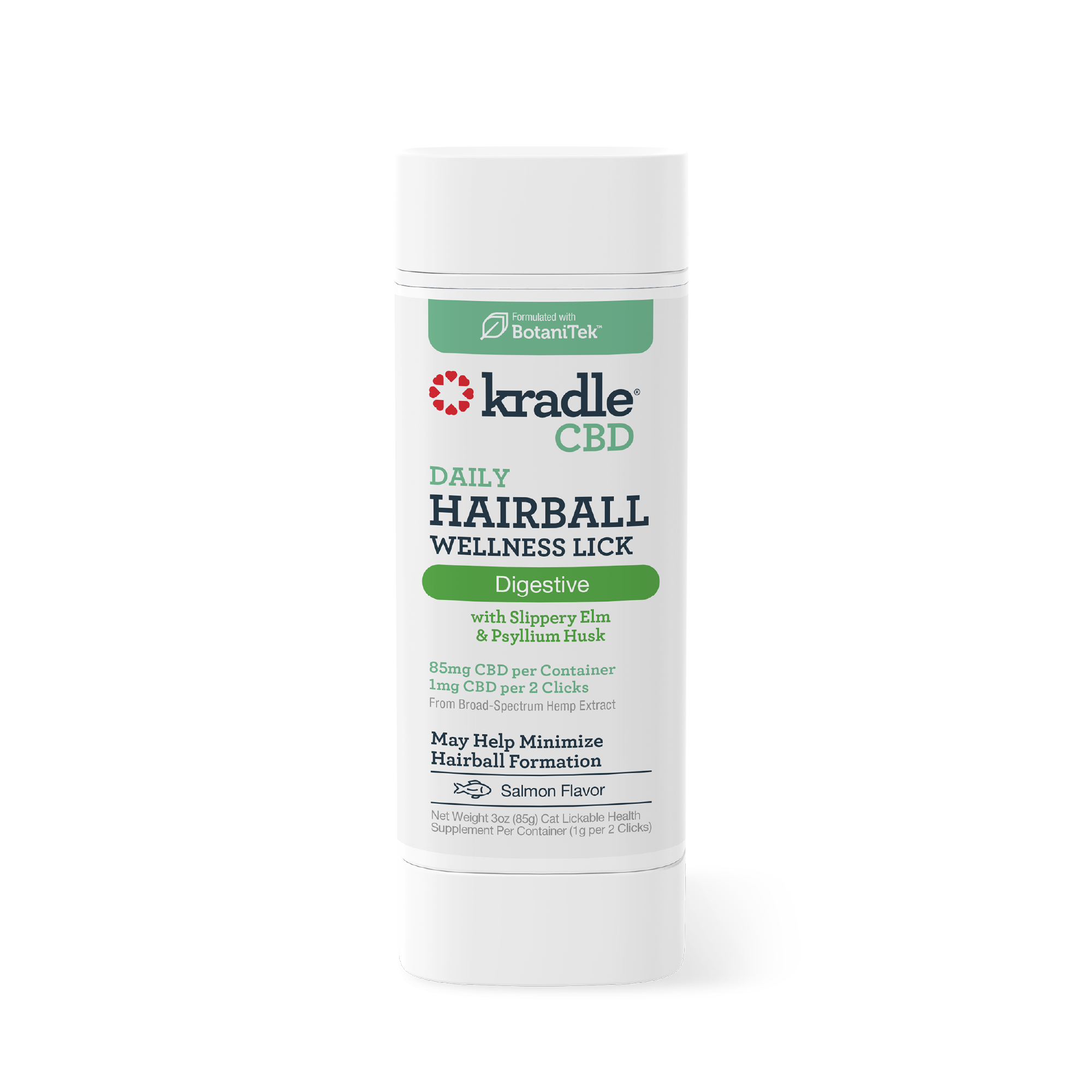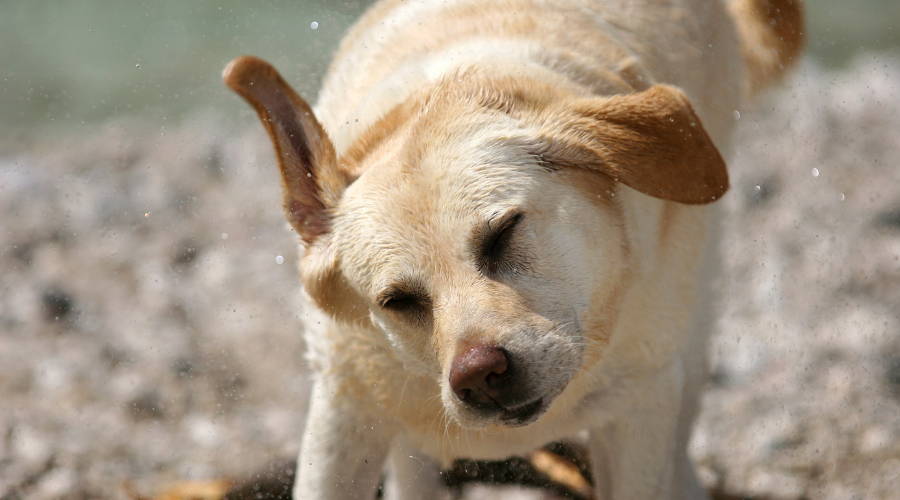So, you’ve determined your dog is shaking due to stress, what next? Consider the following strategies to help relax your pup and put an end to the shaking as quickly as possible:
-
Provide a safe space your dog can escape to. Does your dog start shaking as soon as they hear the first firework go off or thunder rumble? Have a safe space in your house prepared they can pass the time in. Try to find a space that doesn’t have windows, like a large closet, and put your pup’s favorite toys, treats, and blankets in there.
-
Give your dog a massage. Massages can relax even the most anxious humans -- and have the same power on our canine friends. Stress can cause tensing of the muscles (hence, the shaking) and massages can help alleviate the tension. Start massaging your pup at their neck and work your way downward with long strokes.
-
Opt for a belly rub or back scratch over a hug. When you see your dog shaking, your first instinct may be to comfort them with a hug, but…dogs actually aren’t huge fans of hugs and one may make yours even more stressed. Dogs recognize hugs as intimidating and uncomfortable, as they don’t know what’s going on. Most prefer belly rubs and back scratches instead.
-
Try Kradle. We know that every dog is different and manifests stress and fear in different ways. As a calming dedicated brand, Kradle products are carefully formulated to reduce all the signs of stress in your dog -- including shaking.
Explore the Kradle difference.
Frequently Asked Questions:
Why is my dog shaking so much?
There could be a few reasons why your dog is shaking so much - including stress, excitement, cold weather, old age, or illness. Look for other symptoms and possible causes to help determine the reason.
Should I be worried if my dog is shaking?
You don't necessarily need to worry if your dog is shaking, but be on the look-out for other symptoms that could indicate something serious. When in doubt, contact your vet.
Why is my dog shaking and panting?
Shaking and panting could indicate that your dog is stressed. Look for potential factors for what could be causing this stress or anxiousness.









